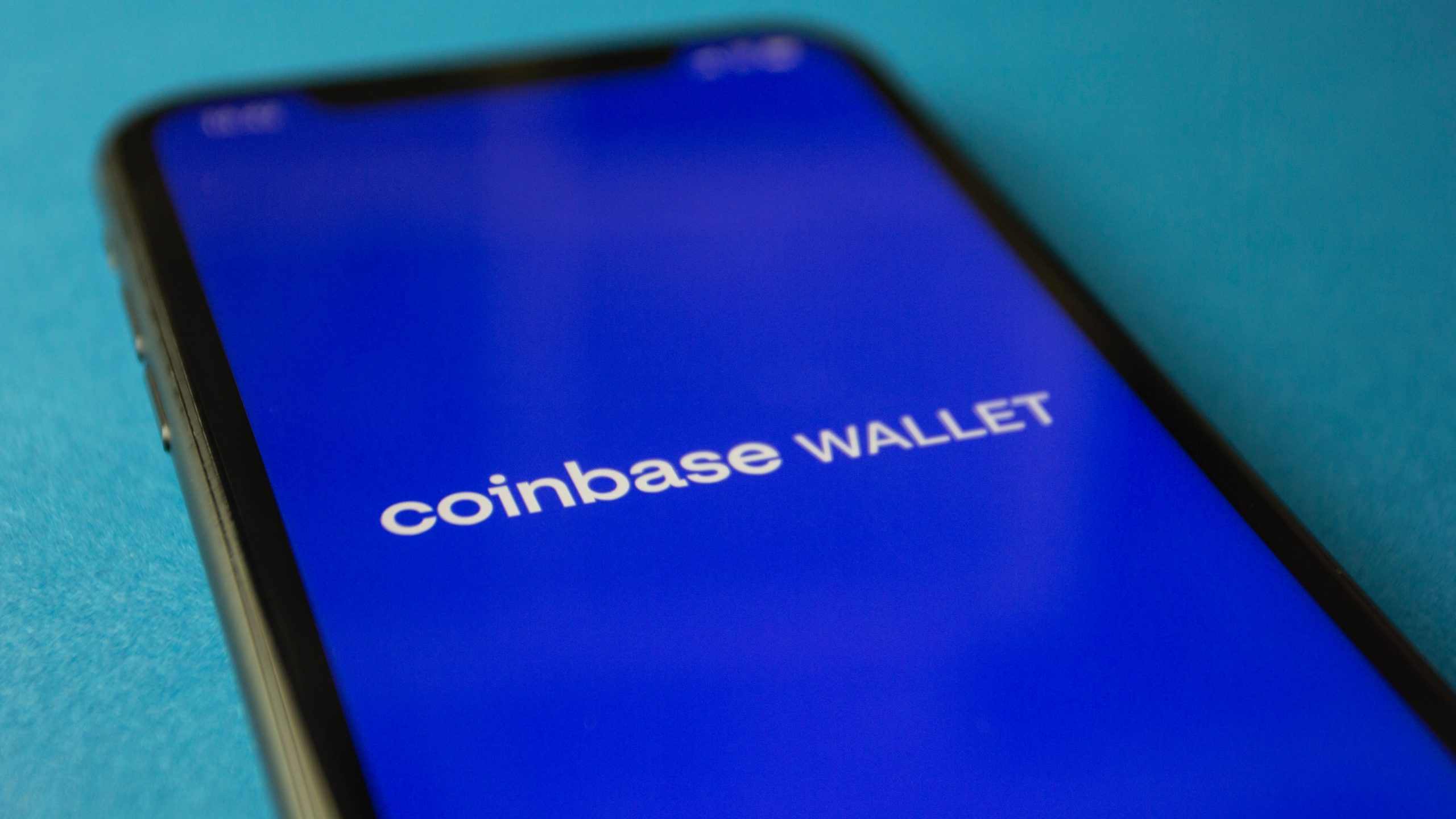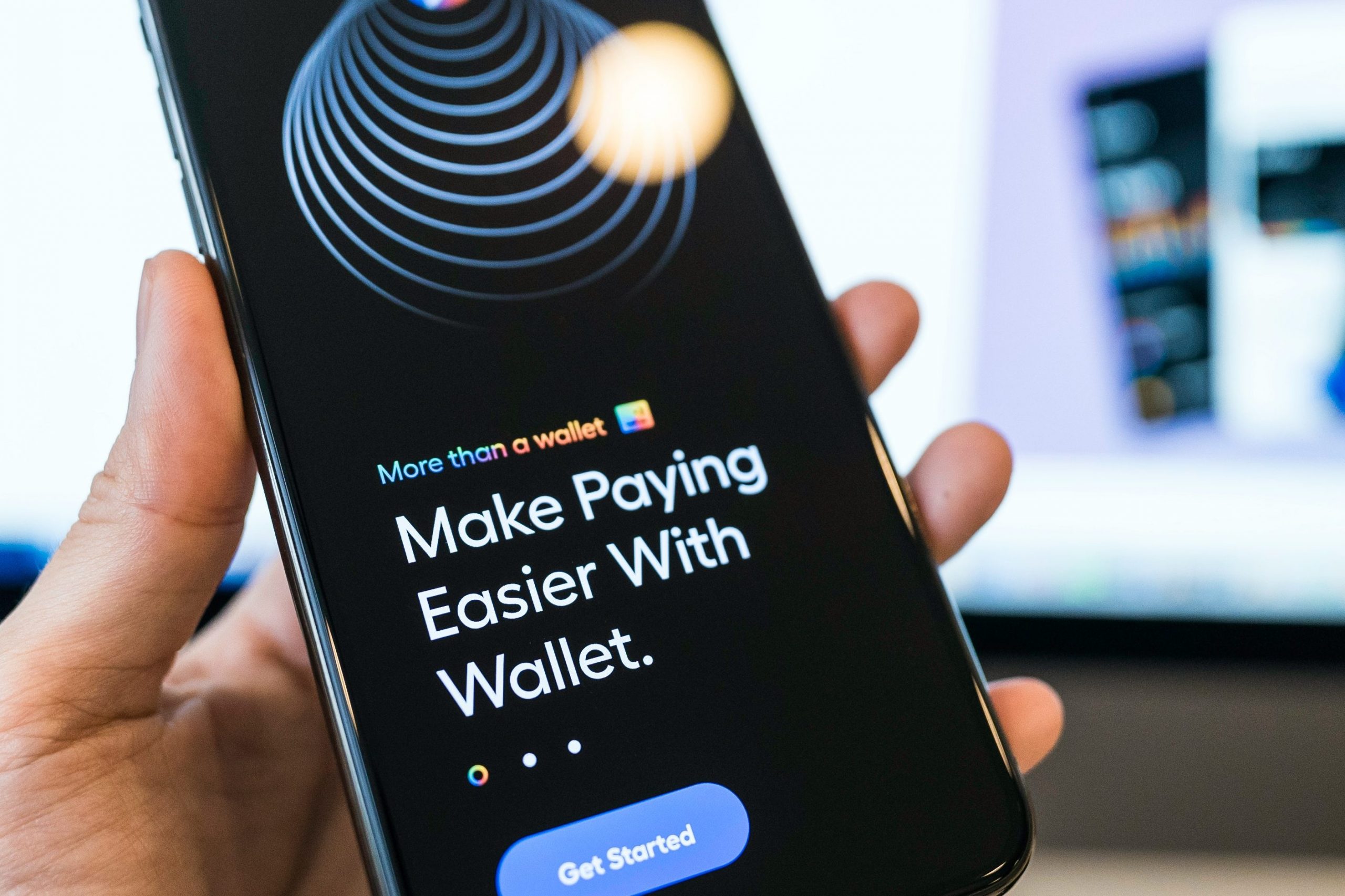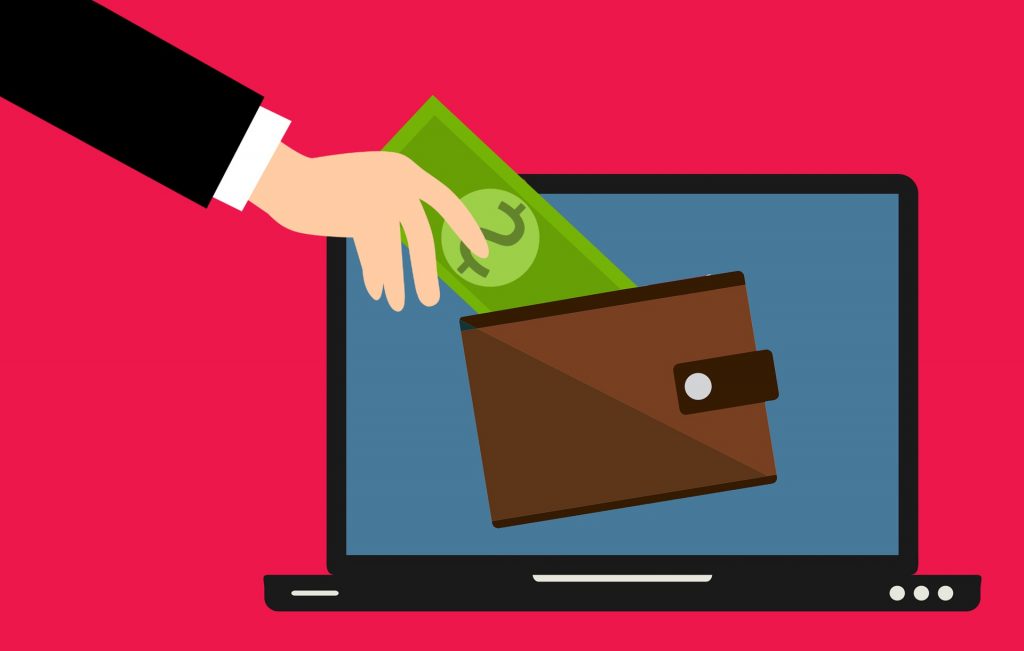
How secure are DIGITAL WALLETS
Digital wallets, or e-wallets, have become increasingly popular over the years as a convenient and secure way to store and manage our money. With the advancement of technology, digital wallets have become an essential tool for many people to make online purchases, pay bills, transfer funds, and even make contactless payments in physical stores. However, with the rise of cybercrime, many people are wondering how secure these digital wallets really are.
In this blog post, we will explore the security measures that digital wallets use to protect your funds and personal information. We will also discuss some common risks associated with digital wallets and how you can protect yourself from them.
Getting started, with a digital wallet is very simple and usually just takes a few minutes. After you’ve downloaded your most preferred digital wallet app, put in the required details, and it becomes accessible immediately after the necessary checks have been done online. For example, if you open an N26 account, you will immediately receive your own virtual N26 Mastercard right there on your smartphone. You can link it with the Coinbase wallet, as Coinbase now has wallet-as-a-service (WAAS), or with Apple pay or google pay and within the blink of an eye, you can make payments from your own mobile wallet. The question is what really is a digital wallet?
What is a Digital Wallet?
A digital wallet is a virtual wallet that stores your payment information, such as credit and debit card details, and allows you to make transactions online and in person. There are two types of digital wallets: cloud-based and device-based. Cloud-based digital wallets are stored on remote servers, whereas device-based wallets are stored on your mobile device or computer.

Digital wallets offer a convenient way to manage your finances, as you can access your funds from anywhere and at any time. They also provide a high level of security, as they use various authentication methods and encryption techniques to protect your personal and financial information.
Security Measures Used in Digital Wallets

Digital wallets use various security measures to ensure the safety of users’ funds. Here are some of the most common security measures used by digital wallets:
- Encryption: Encryption is the process of converting sensitive data into a code that can only be deciphered with a key. Digital wallets use encryption to protect users’ payment information from being accessed by unauthorized parties.
- Two-Factor Authentication: Two-factor authentication (2FA) is a security measure that requires users to provide two forms of identification before they can access their digital wallet. This can include a password and a fingerprint scan, for example.
- Fraud Detection: Many digital wallets have fraud detection systems in place that can detect and prevent fraudulent transactions. These systems use algorithms to analyze transaction data and identify suspicious activity.
- Tokenization: Tokenization is the process of replacing sensitive data, such as credit card numbers, with a unique identifier called a token. Digital wallets use tokenization to protect users’ payment information from being accessed by hackers.
- Biometric Authentication: Some digital wallets use biometric authentication, such as fingerprint or facial recognition, to verify users’ identities before allowing them to make a transaction.
Overall, digital wallets use a combination of these security measures to ensure the safety of users’ funds. However, no system is foolproof, and users need to take additional steps to ensure their digital wallet is secure.
Tips for Securing Your Digital Wallet
Here are some tips for securing your digital wallet:
- Choose a secure password: When creating a password for your digital wallet, choose a strong, unique password that is difficult for hackers to guess. Avoid using common words or phrases and include a mix of uppercase and lowercase letters, numbers, and symbols.
- Enable Two-Factor Authentication: Enable 2FA on your digital wallet to add an extra layer of security. This will require you to provide two forms of identification before you can access your wallet.
- Use a Trusted Digital Wallet: Choose a digital wallet from a trusted provider with a good reputation for security. Avoid using new or unknown wallets, as they may not have the same level of security as established wallets.
- Keep Your Wallet Software Up to Date: Ensure your digital wallet software is up-to-date with the latest security patches and updates. This will ensure that any known security vulnerabilities are fixed and your wallet is protected against the latest threats.
- Don’t Share Your Wallet Information: Never share your digital wallet information, such as your private keys or recovery phrase, with anyone. This information is like the keys to your wallet, and anyone who has it can access your funds.
- Check Your Transaction History: Regularly check your transaction history to ensure there are no unauthorized transactions. contact your digital wallet provider If you notice any suspicious activity, immediately.
Conclusion
Digital wallets offer a convenient and secure way to make payments online. They use a combination of security measures, such as encryption, 2FA, and fraud detection, to protect users’ funds. However, users need to take additional steps to ensure the safety of their digital wallet, such as choosing a strong password, enabling 2FA, and using a trusted provider. By following these tips, users can enjoy the benefits of digital wallets without compromising their security.
